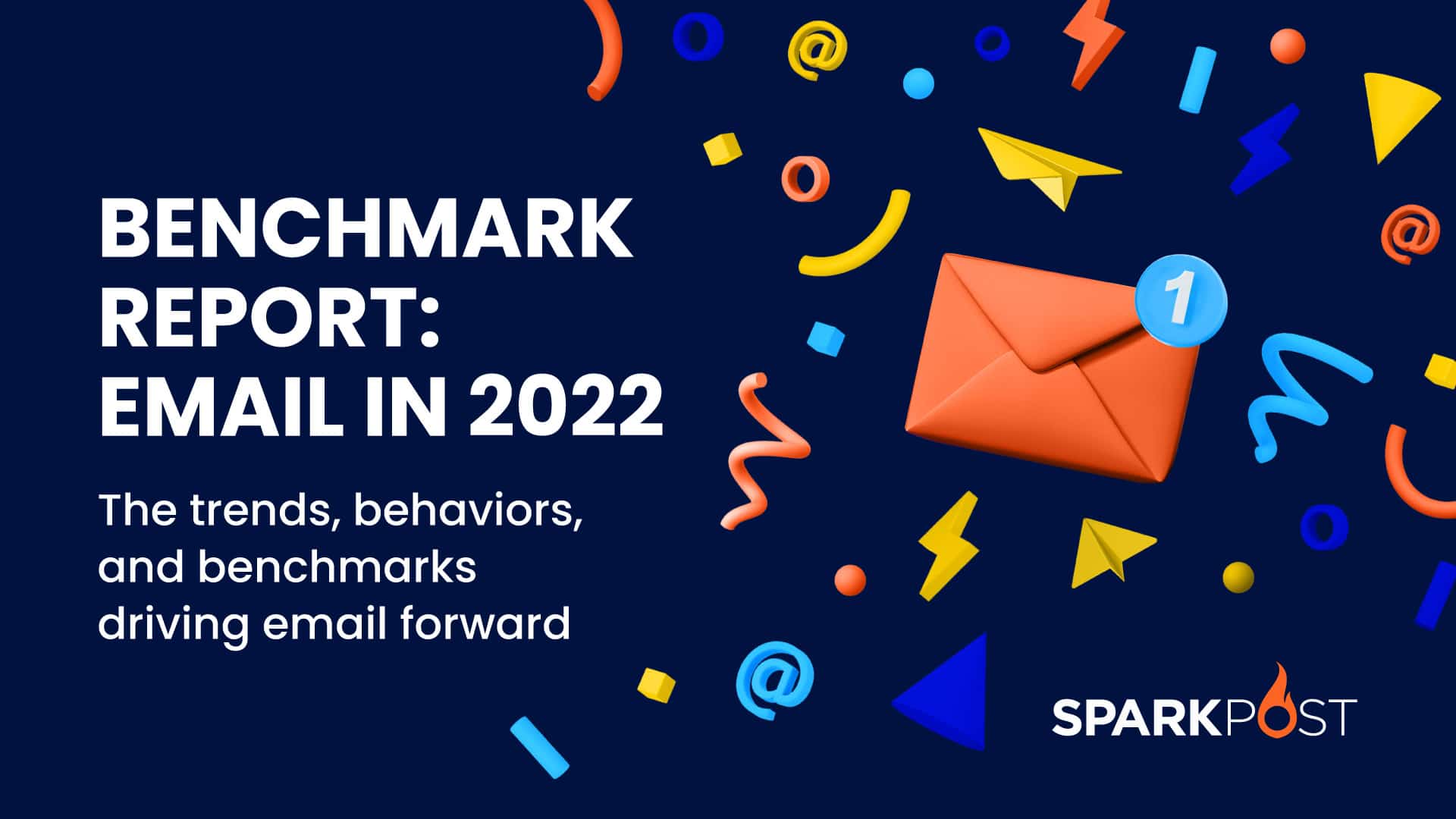

SparkPost, the world’s largest email sending and optimization platform delivering nearly 40% of the world’s email, released its annual email benchmark report, titled Email in 2022: The trends, behaviors, and benchmarks driving email forward. The report closely examines how digital marketers and email marketers have adjusted two years into the pandemic and what digital marketing strategies they’ve leaned on to accelerate growth and connection with key audiences.
Email in 2022: The trends, behaviors, and benchmarks driving email forward
The marketing leaders survey found that, while businesses are showing a strong rebound from two challenging years, they are very mindful of how privacy can and will affect their future digital marketing success. The good news is most leaders recognize the importance of investing in aligning each marketing discipline, shoring up solid data practices, and bolstering their arsenal of branded content and communications channels.
2021 proved most businesses have recovered economically
Businesses, for the most part, are bouncing back to pre-COVID levels, but marketing leaders are more mindful of where dollars are spent. Last year, only 42% of leaders were optimistic that economic recovery was within reach. Now, 63% report their budgets and priorities reflect pre-COVID levels. They are also investing in building out content and branding, which points to organizations knowing the value of investing in themselves.
Email marketing continues to perform as a trusted channel, delivering against the bottom line
In years past, email marketers have been viewed as siloed parts of the marketing organization, but the tide is turning in a major way. Alignment across all marketing channels has skyrocketed in importance to marketing leaders in the last year, with 95% of leaders noting email marketing specifically is more tightly aligned with the marketing ecosystem compared to last year.
Privacy-related changes and challenges continue to worry marketers
The overall fragility of privacy – regulations, consumer behavioral shifts, and big changes coming from the likes of Apple and Google – are having both short and long-term implications on business. Changes in privacy regulations and a shift in consumer perception of personal data are a big factor in marketing leaders’ commitment to invest in earned and owned marketing channels.
Email continues to grow in importance for CMOs, as many audiences have leaned on it for information and connection throughout the pandemic. The boom of email in the early stages of the pandemic shows no signs of slowing in 2021 and beyond. As such, marketing teams are prepping now for changes that are expected to come, with an overall approach of proactively respecting customer privacy.
Future of work success and employee happiness hinge on improved collaboration and communication
Globally, nearly half (49%) of companies are still fully remote; 41% are hybrid. When asked if they love it, hate it, or are indifferent to working remotely, 85% of marketing leaders say they love it; 90% of practitioners agree. Despite significant workload increases, it’s clear most companies have rebounded financially, and the increased investments in hiring and collaboration tools are allowing workers to succeed, mitigating frustrations, bottlenecks in work, and redundancy. To see detailed trends, more survey results and email benchmark data, download the full report.





